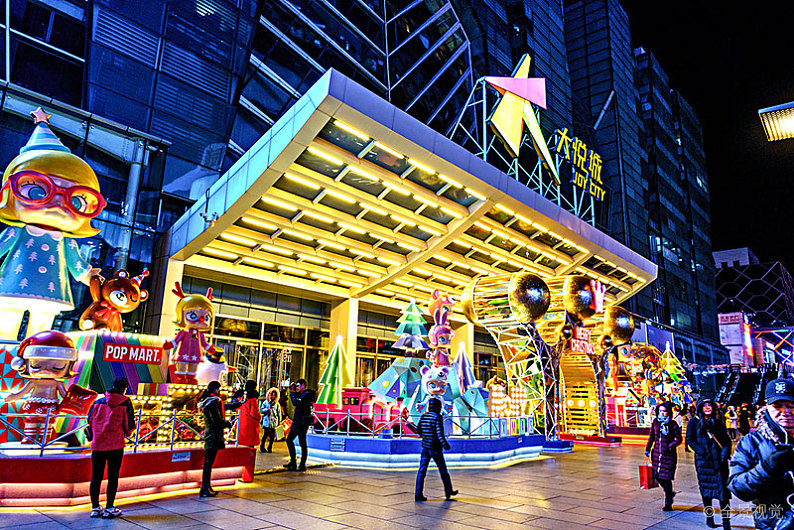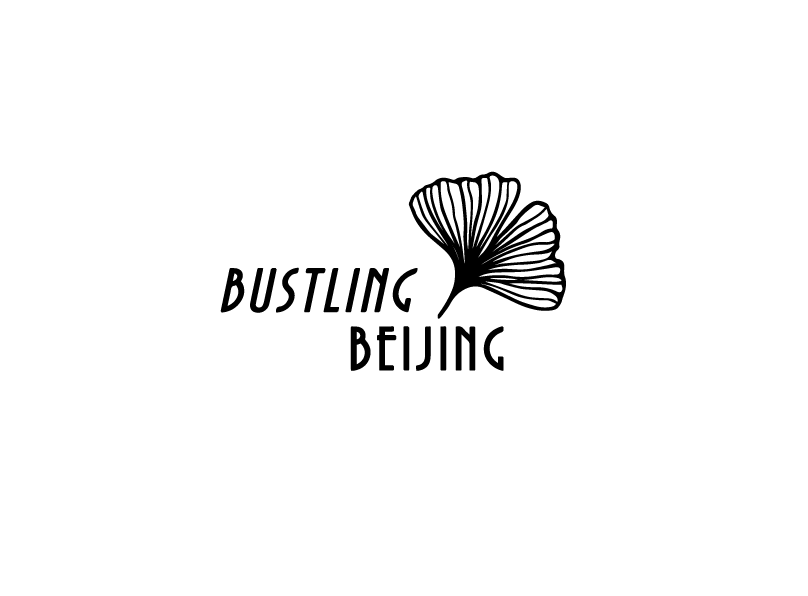A Holly Jolly Christmas
Away with Christmas – right?
In recent years, foreign festivals have been emphasized a little less than before. The government increasingly advocates the Chinese culture and its own historically grown value standards. Hence, you might see a bit less decoration items for Christmas in Chinese cities.
However, people probably won´t feel too pity about that. Because online shops are full of all kinds of winter decorations of different qualities. In big cities, especially where many expats live, you even find cookies and stollen in bakeries that cater to the globalized middle class. And some places are experimenting with copies of Christmas markets.

What may pass by some officials: Christmas is by and large not a religious
festival in China. Even in many areas of Europe, it is no longer a fervently celebrated religious event. Santa Claus has long since taken over the original Christmas spirit. And where in the Bible do you find him mentioned? The younger generation knows only a part of this guy´s originally religious roots in St. Nicholas.
Yet, the concern about religious activities is not entirely unfounded. The Romans were wary of those Christians, because their loyalty was unclear, and they often met in small circles uncontrolled by the state. It is well-known that all states like to keep religious groups (then usually referred to as sects), that they can hardly assess, under observation. And those who are upset about the observation of Christians, should also be upset about the fact, that other states want to control, what is going on in the mosques of their own cities.
A few years ago, the sale of Christmas objects was criminalized in some cities. But that was probably an overzealous local reaction. The Chinese state itself doesn’t show any intention to suppress the festival on a broader scale.
Problematic Christian past
Probably only around 5 percent of Chinese are Christians. That would be more than 80 million people, often in rural areas. But also in the cities there are followers of a wide variety of denominations, often converted by American missionaries.
China’s caution has several very real and understandable reasons. First, China historically is not a Christian country. So far, this religion has been a marginal phenomenon. It is often seen as foreign trend or unhealthy western influence. Because it is precisely the religion and culture of those countries that had China and the whole of Southeast Asia under their thumb from the 19th to the beginning of the 20th century. The so-called unequal treaties, the crackdown on the Boxer Rebellion, and the Opium Wars are not forgotten and weigh heavily on China’s soul.
Then there is an episode that hardly anyone in the West knows. At the beginning of the 19th century there was a revolt, which cannot be called such. It is more reminiscent of what is known from the fanatic IS in the Middle East.

A certain Hong Xiuquan had a vision. He believed he was the second son of God, that is, the younger brother of Jesus, and that he therefore had to create a Christian “kingdom of heavenly peace” in China. Based on the help of various minorities and deeply disappointed people (the Qing dynasty was already weakened at the time), his army brought large parts of southern China under control. Between 1850 and 1864, this Christian Theocracy waged war against the government in the north.
As a result of this so-called Taiping uprising, at least 20 million people died. When one considers that the First World War, which is so often referred to as a mass slaughter and the great seminal catastrophe of the 20th century, claimed a similar number of lives, it may become clear that the word Christians might not have a good reputation with everyone.

